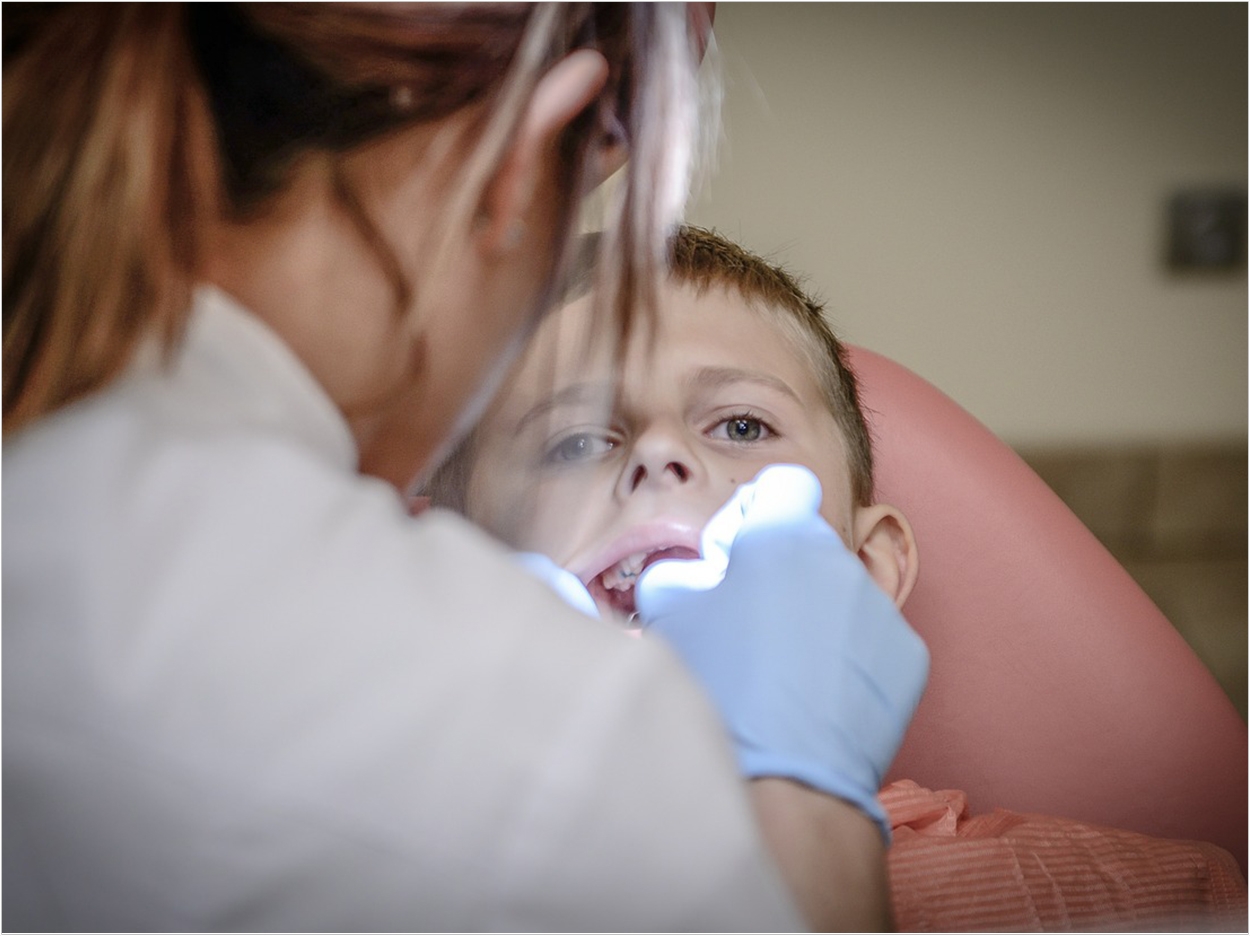
Dentists in England and Wales performed 42,911 multiple tooth extractions on children age 18 and under in 2016 and 2017, according to the Local Government Association (LGA), or 170 a day. That’s a 5% increase over 2015-2016’s total of 40,800 procedures, or 161 extractions each day, and a 17% increase since 2012-2013’s total of 36,833 procedures.
The LGA attributes these figures to the excessive consumption of food and drink as well as poor oral hygiene. For example, the LGA reports that 40% of children age 11 to 15 years drink sugary drinks at least once a day. Also, children between the ages of 11 and 18 years get 40% of the added sugars in their diet from soft drinks.
In these extraction cases, the tooth decay is so severe, the extractions must be performed in a hospital under general anesthetic instead of at a local dentist’s office. As a result, the nearly 43,000 extractions cost the National Health Service £36.2 million, with a total cost of £165 million for all such extractions since 2012.
The LGA, which represents 370 municipal councils in England and Wales, is now calling for the government to address sugar consumption by mandating sugar reductions in soft drinks and introducing teaspoon labeling on food packaging. In the United Kingdom, municipal councils are responsible for public health.
“There must be a reinvestment in innovative oral health education so that parents and children understand the impact of sugar on teeth and the importance of a good oral hygiene regime,” said Cllr Izzi Seccombe, chair of the LGA Community Wellbeing Board. “Untreated dental care remains one of the most prevalent diseases affecting children.”
“These statistics are a badge of dishonor for health ministers, who have failed to confront a wholly preventable disease,” said Mick Armstrong, chair of the British Dental Association (BDA). “Tooth decay is the number one reason for child hospital admissions, but communities across England have been left hamstrung without resources or leadership.”
The LGA is calling for councils to have a say in deciding where the upcoming levy on soft drinks will be spent. Starting in April, a levy of 18 pence per liter will apply to all drinks that have 5 grams of sugar or more per 100 milliliters. There also will be a 24 pence per liter levy on drinks with 8 grams of sugar or more per 100 milliliters.
The BDA also wants to see a proportion of the sugar levy earmarked for oral health initiatives. The organization believes that Scotland’s Childsmile program would serve England well, as its efforts in nurseries and schools with both universal and targeted components has already reduced dental treatment costs by £5 million a year.
Meanwhile, the British Society of Paediatric Dentistry (BSPD) is calling for a ban on the sale of high-energy drinks to children under the age of 16. The Waitrose grocery chain has enacted a voluntary ban on such sales to those age 16 and under that will go into effect on March 5 after a call to do so from the Action on Sugar advocacy group.
“The step taken by Waitrose is a bold and responsible one,” said BSPD president Claire Stevens. “But we would like all retailers to come on board and ideally to have legislation introduced to prevent all shopkeepers selling these drinks to under-16s.”
After analyzing the levels of sugar, caffeine, and carbohydrates in energy drinks, Action on Sugar called these beverages completely inappropriate for children. According to the BSPD, these drinks are doubly bad on teeth because they have high levels of both sugar and acid, so they can cause both decay and erosion.
The Oral Health Foundation is calling for urgent changes in policy to stem the sustained growth in the number of operations carried out each year as well. The group also supports expanding Scotland’s Childsmile program into England while revisiting community water fluoridation. Plus, education would play a key role in improving oral health, the group adds.
“By developing better education for children on issues such as how much sugar is in their diets and how best to look after their oral health, the vast majority of these operations can be completely avoided,” said Dr. Nigel Carter, OBE, CEO of the Oral Health Foundation. “A good oral hygiene routine, including brushing twice a day with a fluoride toothpaste, is essential.
Related Articles
Children Miss 5 Days of School After Tooth Extractions












